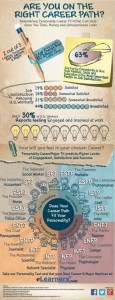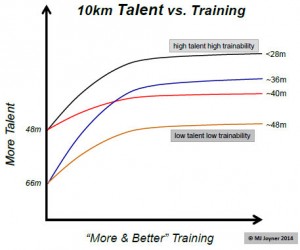How fitting is it that the creepiest of American writers, a guy who was Goth back when Gothic was just a literary fad, should die young in a morbid manner. That’s the subject of an article from The Smithsonian.
Poe’s death—shrouded in mystery—seems ripped directly from the pages of one of his own works. He had spent years crafting a careful image of a man inspired by adventure and fascinated with enigmas—a poet, a detective, an author, a world traveler who fought in the Greek War of Independence and was held prisoner in Russia. But though his death certificate listed the cause of death as phrenitis, or swelling of the brain, the mysterious circumstances surrounding his death have led many to speculate about the true cause of Poe’s demise. “Maybe it’s fitting that since he invented the detective story,” says Chris Semtner, curator of the Poe Museum in Richmond, Virginia, “he left us with a real-life mystery.”
Lest you stray, I would argue strongly against reading The Poe Shadow, Matthew Pearl’s novel recounting an investigator looking into this celebrated death. Pearl can’t even conjure up a plausible theory for his (non) thriller’s central event.



